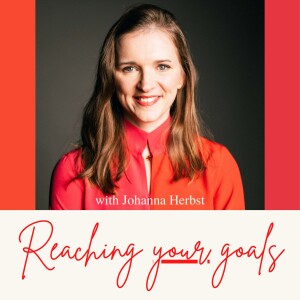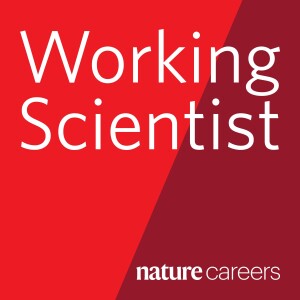Poverty is about more than just meeting basic material needs, says Catherine Thomas. Its corrosive effects are also social and psychological, causing people to feel marginalized and helpless.
Thomas’s research into anti-poverty programs has focused on the effects of one aimed at women in the West African country of Niger, which aims to support subsistence farmers whose livelihoods are impacted by climate change.
One branch of the program involved providing an unconditional $300 cash transfer alongside business and life skills training. Thomas, who is based at the Unversity of Michigan in Ann Arbor, describes the impact it had, compared to similar schemes. These include microfinance business loans, but these tend not to reach those most in need, she says.
Thomas’s research is very much focused on the first of the United Nations Sustainable Development Goals, which aims to end poverty in all its forms everywhere by 2030. Each episode of How to Save Humanity in 17 Goals, a Working Scientist podcast series, features researchers whose work addresses one or more the targets. The first six episodes are produced in partnership with Nature Food, and introduced by Juliana Gil, its chief editor.
Hosted on Acast. See acast.com/privacy for more information.
More Episodes
Four weddings, a funeral, and the Sustainable Development Goal logos
 2024-10-17
2024-10-17
A checklist for delivering the Sustainable Development Goals
 2024-10-10
2024-10-10
How artificial intelligence can help to keep us safe
 2024-10-03
2024-10-03
My mission to protect threatened mangroves
 2024-09-26
2024-09-26
How studying octopus nurseries can shape the future of our oceans
 2024-09-19
2024-09-19
How we slashed our lab’s carbon footprint
 2024-09-12
2024-09-12
Meet the retired scientists who collaborate with younger colleagues
 2024-07-26
2024-07-26
A dumpster full of mercury and other things to avoid: lab closures made simple
 2024-07-22
2024-07-22
Pension planning and psychosocial support: how institutions can help academics at the late career stage
 2024-07-12
2024-07-12
“Who am I if not a scientist?” How to find identity and purpose in retirement
 2024-07-05
2024-07-05
Choose your own adventure: navigating retirement after an academic career
 2024-07-01
2024-07-01
The last few miles: how to prepare for the late-career stage in science
 2024-06-21
2024-06-21
Counting the cost of fashion’s carbon footprint
 2024-06-10
2024-06-10
Why female students at an inner London school are seeing scientists in a different light
 2024-06-06
2024-06-06
Using live transport data to deliver sustainable cities
 2024-06-03
2024-06-03
How artificial intelligence is helping to identify global inequalities
 2024-05-27
2024-05-27
Infrastructure projects need to demonstrate a return on investment
 2024-05-20
2024-05-20
Decent work for all: why multinationals need a helping hand
 2024-05-13
2024-05-13
How artificial intelligence is helping Ghana plan for a renewable energy future
 2024-05-07
2024-05-07
How a young physicist’s job move helped Argentina join the ATLAS collaboration
 2024-04-15
2024-04-15
Create your
podcast in
minutes
- Full-featured podcast site
- Unlimited storage and bandwidth
- Comprehensive podcast stats
- Distribute to Apple Podcasts, Spotify, and more
- Make money with your podcast
It is Free
You may also like

The Business Of


Reaching your Goals


The $100 MBA Show


Women’s Leadership Success


Per My Last Email


The ONE Thing


- Privacy Policy
- Cookie Policy
- Terms of Use
- Consent Preferences
- Copyright © 2015-2024 Podbean.com



 iOS
iOS Android
Android